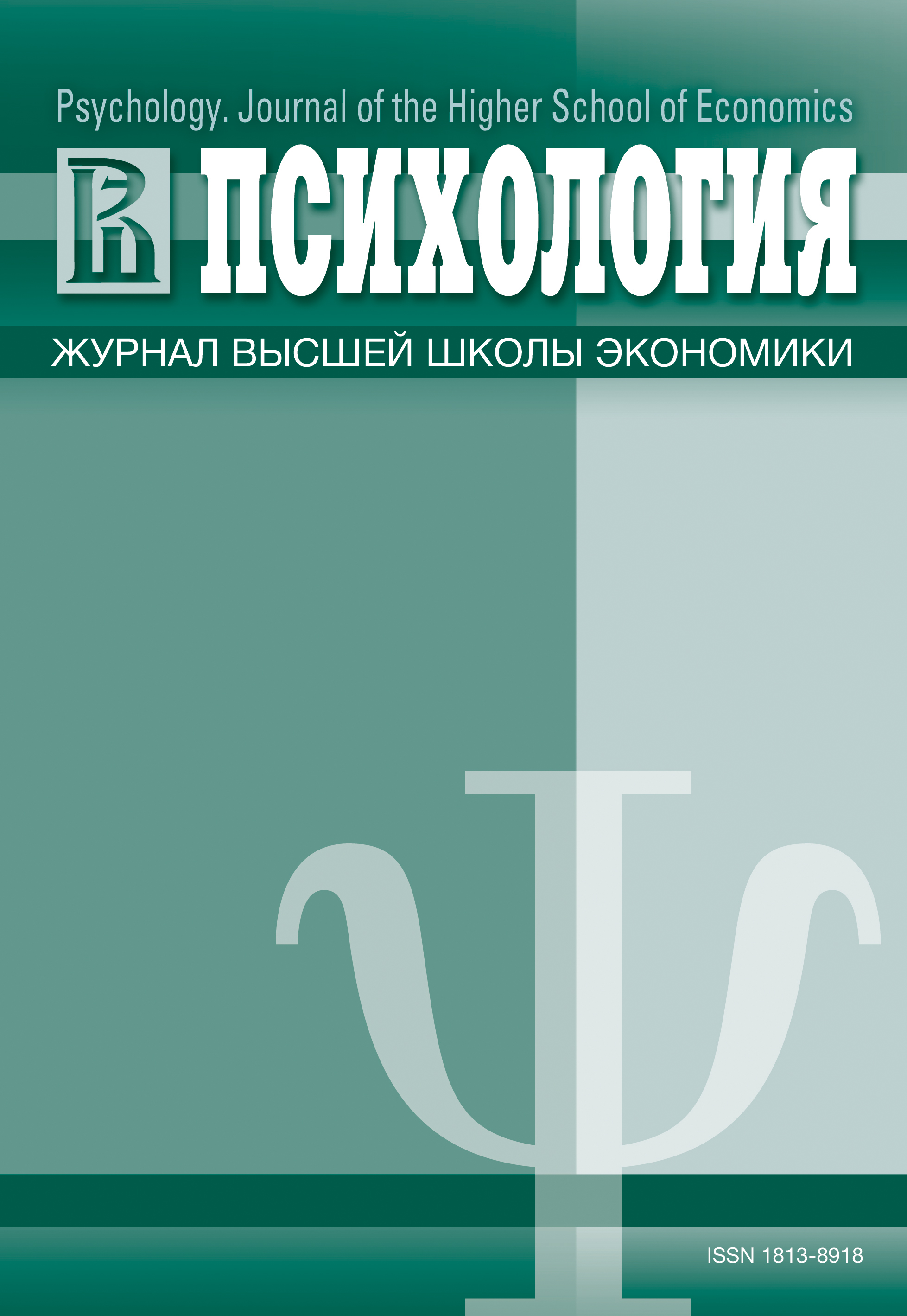Cultural variations in ideal and momentary hedonic balance: Does a more negative ideal protect Russian Americans from daily stress?
Keywords:
culture, hedonic balance, perceived stress
Abstract
The association between perceived stress with heightened negative emotions and dampened positive emotions is well established. Much less clear, however, is the extent to which ideal and experienced levels of hedonic balance (i.e., the difference in intensities between positive and negative emotions) predict stress across cultural contexts. There is wide cultural variation in dominant models of emotions; for example, the Russian cultural context is thought to emphasize low hedonic balance relative to European American or Hispanic American cultural contexts. Thirty-two European Americans, 25 Hispanic Americans, 33 Asian Americans, and 20 Russian Americans provided reports of ideal and momentary hedonic balance. Momentary reports were sampled over 10 days. Perceived levels of stress were assessed at the beginning and at the end of the study. There were cultural group differences in ideal and momentary hedonic balance, with Russian Americans reporting lower ideal and momentary hedonic balance than Hispanic Americans. Across cultural groups, lower levels of momentary hedonic balance were predictive of perceived stress. In the Russian American group, but not the other groups, lower ideal hedonic balance was associated with lower levels of perceived stress. These results suggest that the Russian cultural model of emotions shape both ideal and momentary hedonic balance, with lower levels of ideal hedonic protecting against the potentially stressful impact of low experienced hedonic balance.Downloads
Download data is not yet available.
Published
2014-06-04
How to Cite
Ченцова-ДаттонЮ. Е., ЧеЫ., & РайдерЭ. (2014). Cultural variations in ideal and momentary hedonic balance: Does a more negative ideal protect Russian Americans from daily stress?. Psychology. Journal of the Higher School of Economics, 11(1), 118-132. https://doi.org/10.17323/1813-8918-2014-1-118-132
Issue
Section
Experimental Psychology of Emotions





